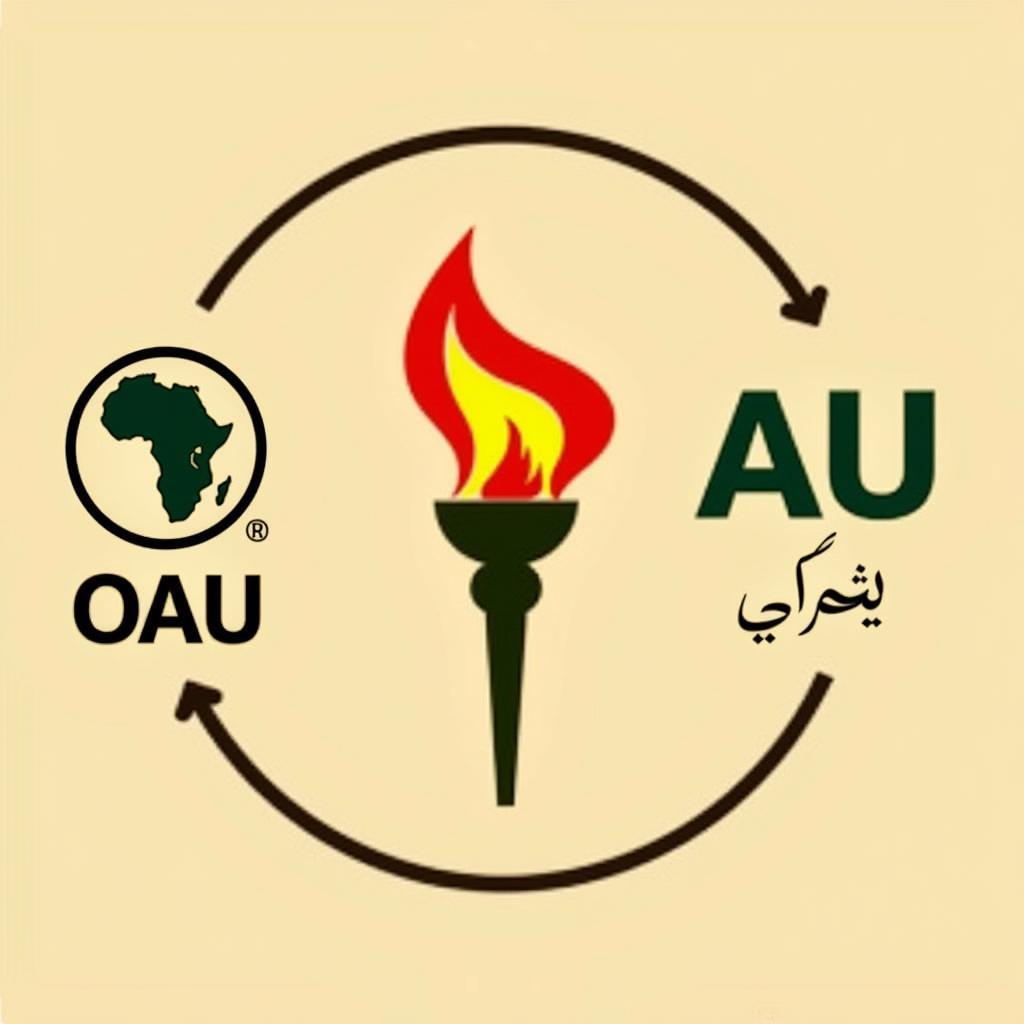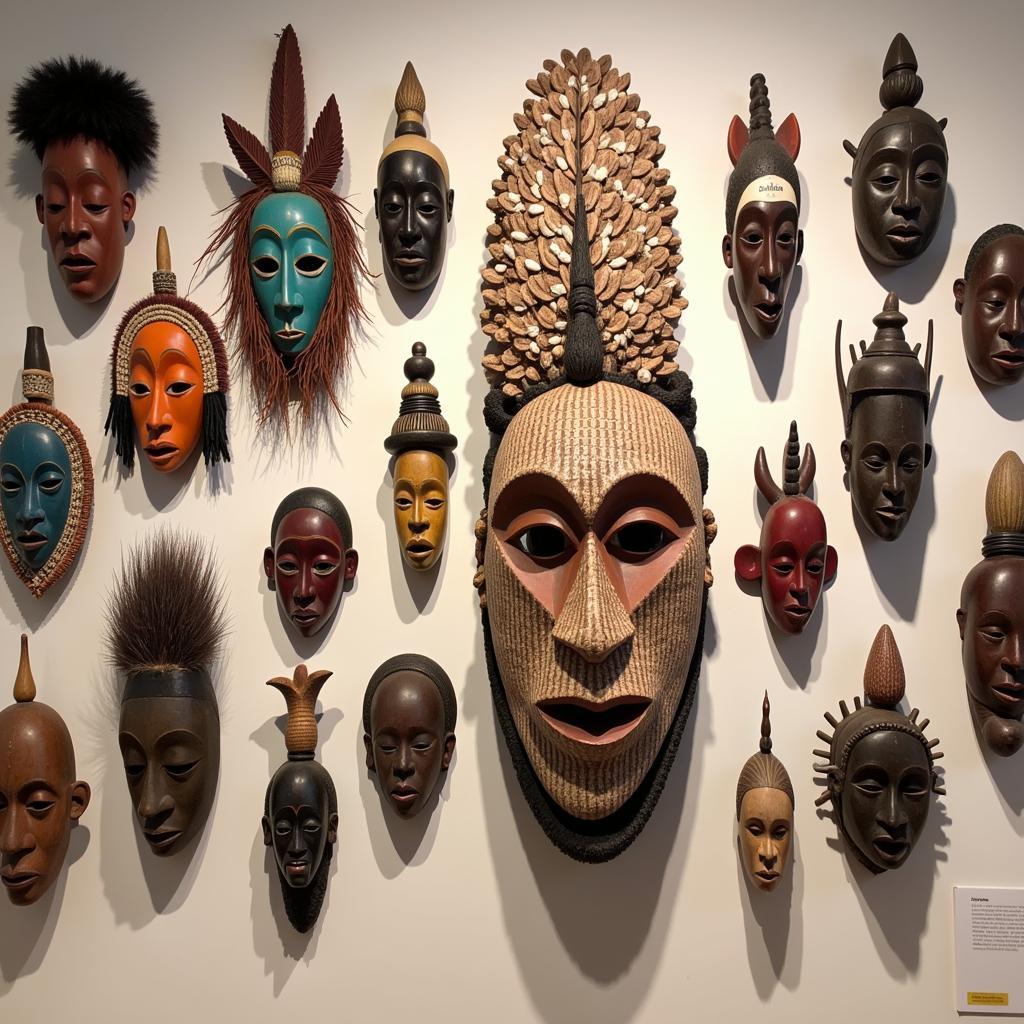The Organisation of African Unity: A Legacy of Pan-Africanism
The Organisation Of African Unity (OAU), established in 1963, represents a pivotal moment in African history, marking a collective effort towards liberation, unity, and development. This article delves into the OAU’s formation, achievements, challenges, and its eventual transformation into the African Union.
The OAU’s formation was driven by a powerful wave of Pan-Africanism sweeping across the continent. Newly independent nations, eager to shed the vestiges of colonialism and forge their own destinies, recognized the strength in unity. The charter, signed in Addis Ababa, Ethiopia, enshrined principles of sovereignty, territorial integrity, and the eradication of colonialism. This marked a significant step towards a unified Africa, free from external interference. This collaborative spirit fostered a sense of shared responsibility for the continent’s future. One of the OAU’s most significant achievements was its role in liberating African nations still under colonial rule. The organization provided material and diplomatic support to liberation movements, playing a crucial role in ending apartheid in South Africa. The OAU tirelessly championed the cause of self-determination, providing a platform for African voices to be heard on the global stage.
The OAU and Economic Development
Beyond political liberation, the OAU also focused on economic development. Recognizing the interconnectedness of political and economic freedom, the organization sought to promote intra-African trade and cooperation. Initiatives such as the African Development Bank loans and grants were instrumental in fostering economic growth and development across the continent. While the vision was ambitious, translating it into tangible outcomes proved challenging. Limited resources, coupled with political instability in some member states, hampered the OAU’s ability to fully implement its economic agenda.
Challenges and Transformation: From OAU to AU
The OAU faced numerous challenges during its existence. Disagreements among member states on issues like non-interference in internal affairs often hindered effective action. The organization was also criticized for its lack of enforcement mechanisms, which limited its ability to address conflicts and human rights violations. Despite these challenges, the OAU laid the groundwork for the African Union (AU), which succeeded it in 2002. The AU, learning from the OAU’s experiences, adopted a more proactive approach to conflict resolution and peacekeeping, establishing institutions like the Peace and Security Council. The shift from the OAU to the AU signified a renewed commitment to Pan-Africanism, embracing a broader agenda that included good governance, democracy, and human rights.
 Transition from OAU to AU
Transition from OAU to AU
What were the main goals of the Organisation of African Unity?
The OAU’s primary goals were to promote unity and solidarity among African states, eradicate colonialism, and foster economic development.
How did the OAU contribute to the liberation of African countries?
The OAU provided crucial support to liberation movements fighting against colonial rule, contributing significantly to the independence of many African nations. It advocated for these causes and offered substantial resources.
Dr. Amina Mamadou, a renowned historian specializing in Pan-Africanism, notes, “The OAU, despite its limitations, provided a critical platform for African states to collectively address the challenges of their time. It laid the foundation for the African Union, which continues to strive for a more integrated and prosperous Africa.”
Professor Kwame Nkrumah, an expert in African politics, adds, “The OAU’s commitment to eradicating all forms of colonialism was instrumental in shaping the political landscape of the continent. It empowered African nations to take control of their destinies and forge a path towards self-determination.”
The Organisation of African Unity played a pivotal role in shaping the trajectory of post-colonial Africa. Its legacy of Pan-Africanism continues to inspire the African Union in its pursuit of a united, prosperous, and peaceful continent. The OAU’s achievements, though sometimes overshadowed by its limitations, remain a testament to the power of collective action and the enduring dream of a truly united Africa.
FAQ
- What does OAU stand for? OAU stands for the Organisation of African Unity.
- When was the OAU founded? The OAU was founded in 1963.
- Why was the OAU formed? The OAU was formed to promote unity and solidarity among African states, eradicate colonialism, and foster economic development.
- What replaced the OAU? The OAU was replaced by the African Union (AU) in 2002.
- What were some of the OAU’s achievements? The OAU contributed significantly to the liberation of African countries from colonial rule and promoted cooperation among African states. They also explored ideas surrounding African food delivery as part of economic development.
- What were some of the OAU’s challenges? The OAU faced challenges related to internal conflicts, limited resources, and differing political ideologies among member states. Some projects, such as the African Child Day 2019, faced criticism over their impact and reach.
- How did the OAU influence the formation of the AU? The AU built upon the foundation laid by the OAU, learning from its successes and challenges to create a more robust and proactive organization. For example, they now consider projects focused on the African Centre for Cities and the African Bank SA.
For further reading, consider exploring other articles on this website related to African history and politics.
When needing support, please contact Phone Number: +255768904061, Email: kaka.mag@gmail.com Or visit us at: Mbarali DC Mawindi, Kangaga, Tanzania. We have a 24/7 customer service team.


